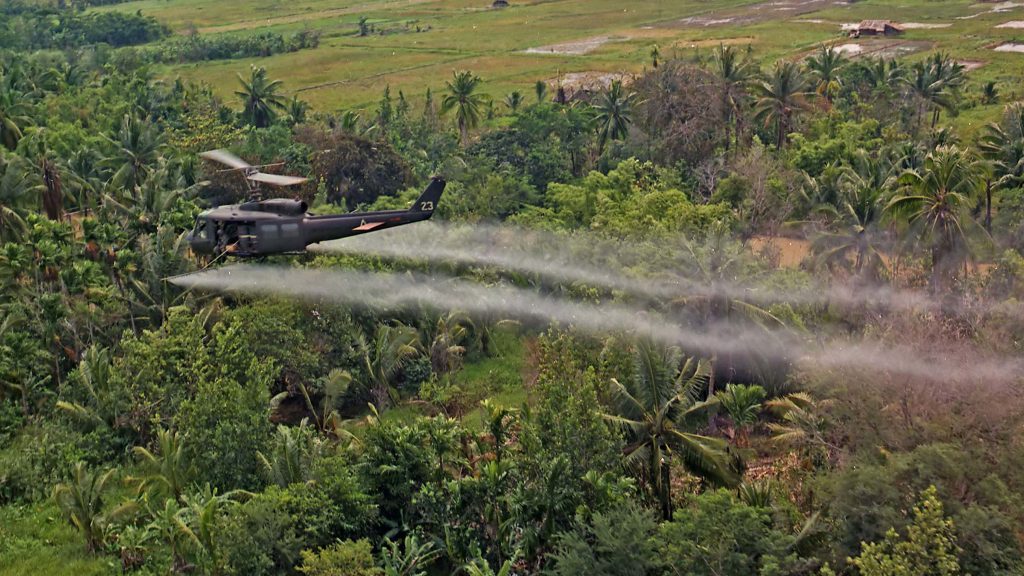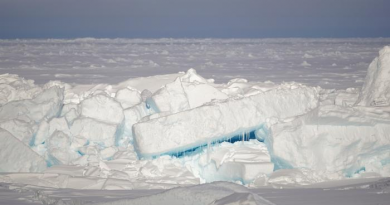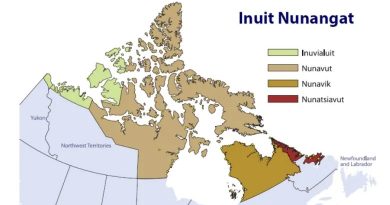Veterans from Indigenous Alaskan village have war stories archived online

Alaska has the highest concentration of veterans nationwide.
From World War II, the Korean and Vietnam Wars and both Gulf Wars, more than 70,000 veterans have served in the armed forces. Now, more of their stories can be heard online.
The Communities of Memory Project was a statewide effort through the University of Alaska Fairbanks’ Oral History program to record stories from Alaskans about what made their communities special.
The stories recorded in Kotzebue (Northwestern Alaska) highlight the experiences of veterans — what it was like to be drafted, how it felt to be in the middle of a conflict zone and the struggles that come after returning home from war.
Drafted on his 21st birthday
Chester Ballot is a veteran of the Vietnam War.
Ballot was born near Selawik. After graduating from Mt. Edgecumbe in 1962, he moved down to Los Angeles to study electronics at the Radio Corporation of America Institute.
On his 21st birthday, Ballot was notified that he had been drafted to serve in the Vietnam War. Ballot reflected on his time in Vietnam in front of an audience at the NANA museum in Kotzebue in 1996.
“I was stationed in the Mekong Delta, the southwestern portion of Vietnam, and into the 52nd Signal Battalion,” Ballot said.
Ballot’s work was focused on communication antennas, which were used to send signals to five outlying villages. After an explosion would hit his area, Ballot was tasked with going to check on signals communication area to see that the antennas were still functioning.
“I was scared when I was over in Vietnam, mainly because they were shelling us,” Ballot confessed. “They were attacking us with mortar shells and I was scared to the point that I drank a lot.”
One night a mortar landed about 15 feet away from him. It blew up a jeep, but Ballot was unaware that anything had happened. He had passed out.
Glad to go back home
That’s when Ballot said, ‘enough is enough.’
“I started working night shift because I could hear when the in-comings [were] happening,” Ballot said. “They never attacked during the daytimes and I could sleep during the daytimes.”
And, Ballot said, he quit drinking.
Ballot met an Iñupiat from Nome at the camp he was at. He said every time they saw each other at the mess hall, they talked of the food back home like dried fish or dried paniqtaq and seal oil.
“You ask any veteran how long they [were] over there, they’ll probably give you down to the hour of what time they left and they were glad to come home,” Ballot said.
“I’m really glad to be home again. That’s my war story,” Ballot concluded.
Related stories from around the North:
Finland: Civil War still divides Finland after 100 years, poll suggests
Russia: Russia’s foreign minister visits Lend-Lease Monument in Fairbanks, Alaska Dispatch News
United States: Remembering struggles of Alaska’s once oldest WWII veteran, Alaska Dispatch News



